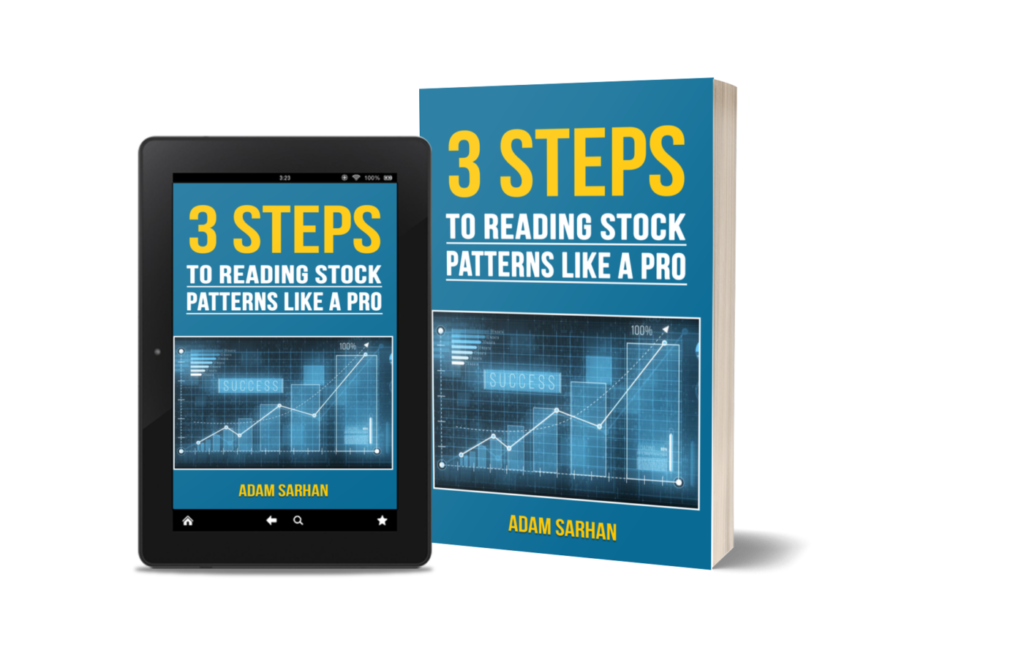What are the Best Stocks to Buy?
Selecting stocks that outperform the market over both the short- and long-term is challenging for all investors. Yet, there are several ways that you can find stocks that are good buys for your specific investing strategy. Regardless of whether you’re an active day trader or a casual investor, the stocks that you select for your portfolio matter. This post will help answer the question, “what are the best stocks to buy,” while also providing you several ways to analyze stocks that you’re considering.
Long-Term Vs. Short-Term Investing Strategies
There are many types of investors, but it’s simpler to categorize them into two groups: investing for the long-term and those looking to make quick, short-term profits. Both groups aim to maximize their stock returns over a specific time frame, yet long- and short-term investors use different strategies to reach their goals. While long-term investors focus most on company fundamentals and economic indicators, short-term investors mainly trade volatile stocks with high trading volumes. So, what are the best stocks to buy for both types of investors? Here’s how to locate winning stocks to hold for the long-term and how to identify stocks that are more suitable for day trading profits.
Selecting Stocks for the Long-Term
Unfortunately, selecting companies to invest in is challenging, and even stocks that you think will increase in the future can fail to pay off. However, specific strategies such as reviewing a company’s fundamentals and looking at the market’s direction make it easier to make suitable investments. These are the most common ways that long-term investors review a stock’s value and determine whether it’s likely to increase in the future.
Consider Price Fundamentals
Analysts use company fundamentals to determine whether a stock is worth adding to your long-term investment portfolio. By reviewing a company’s fundamentals before purchasing shares, you can decide if the company will continue to be profitable in the future. You’ll also know whether the stock price is overvalued or close to its actual value. Here are the three metrics you can use to judge potential long-term stock picks.
Focus on Dividend Consistency
Investors searching for long-term performance and steady income often buy dividend stocks. Dividend-paying companies are some of the most financially secure. These companies keep cash on hand, have predictable earnings, and generally outperform non-dividend-paying corporations. And as a dividend investor, you earn quarterly (or even monthly) dividend payments. By researching past dividend payments over five to twenty years, you’ll understand whether the company provides dividend consistency.
Review P/E Ratios
The Price-to-Earnings Ratio (P/E) measures a company’s current share price relative to its earnings per share (EPS). To calculate it, take the present value of a company’s share price and divide it by the EPS. Knowing a company’s P/E ratio will help you compare it to similar businesses in the field. But what exactly should you look for?
A high P/E ratio suggests that investors expect more considerable earnings growth. However, it can also be a sign of the overvaluation of a stock. Alternatively, a lower P/E ratio suggests that a company is undervalued. Investors might see low P/E stocks as an opportunity to profit since the stock price is lower than the business’ fundamentals.
Observe Earning Fluctuations
The final long-term investment strategy while selecting the best stocks to buy requires you to investigate a company’s performance throughout the years. If past earnings and future earnings projections have been strong throughout, the company might be an excellent long-term investment. Alternatively, if a company you are considering cuts its future earnings guidance, this could be a sign of trouble. In this case, it’ll benefit you to invest in another company.
What are the Best Stocks for Short-Term Day Trading? Here’s How to Analyze Like an Investor
Understanding long-term strategies are great for anyone, but what if you’re looking for the best stocks to buy to make quick gains? Well, in that case, you need to understand how to pick the best stocks for day trading. Since those who actively trade use various investment strategies, there are several ways to choose the right stocks to buy. Here are a few of the several ways to select day trading stocks.
Look for Volume and Volatility.
Some day traders use a “scalping” strategy, where they profit from fast changes in volume multiple times a day. Although scalpers trade stocks that aren’t very volatile, they can benefit from minor price changes. Often buy and sell transactions occur within seconds.
Other day traders prefer more volatile stocks, where prices change by several cents every second. One exceptional trade can easily exceed the gains of several scalping transactions. However, there are risks to either trading strategy. Therefore, it’s best to learn them all and discover which matches your trading style and investing preferences.
Buy Stocks Based on Trends and Ranges.
You’ll also want to consider whether you’d like to trade based on the trend or range of investment. Every stock will encounter highs and lows throughout a trading day, which is the stock’s range. Alternatively, how a stock price trends, either up or down, is the stock’s trend. You can trade stocks with a particular direction or range, in addition to their level of volume or volatility.
So, in conclusion, what are the best stocks to buy? While we could hand you a list of stocks that are good options for long-term and short-term investors, it wouldn’t be right. As an investor, it’s essential to enjoy the process of analyzing companies. By understanding the many ways that stock prices change, you’ll know how to identify great opportunities for yourself. From there, you can build a portfolio that meets your long-term needs or find stocks that will help you achieve your daily investing goals.
If you would like to take your investing skills to the next level, please join our mailing list. It’s perfect for learning new strategies and techniques for maximizing your investing results. Receive your copy today.
“Knowledge is power. The stock market is nothing if not opportunity but in order to navigate its waters you must arm yourself with information. Sign up for Alpha Alerts and get four premium stock picks every month. Take the guess work out of investing and allow us to do the heavy lifting. We are so confident in our service we will let you try it FREE for 30 days! Sign up now.”
Additional Resources:
3 Sell-Off Stocks to Buy Right Now
Photo by Jason Briscoe on Unsplash





